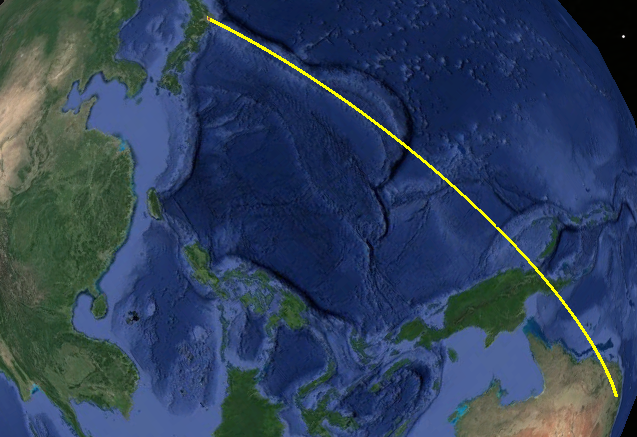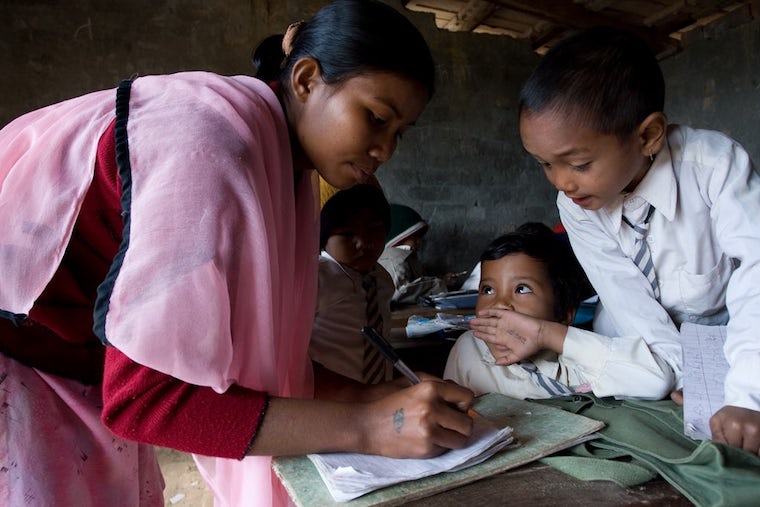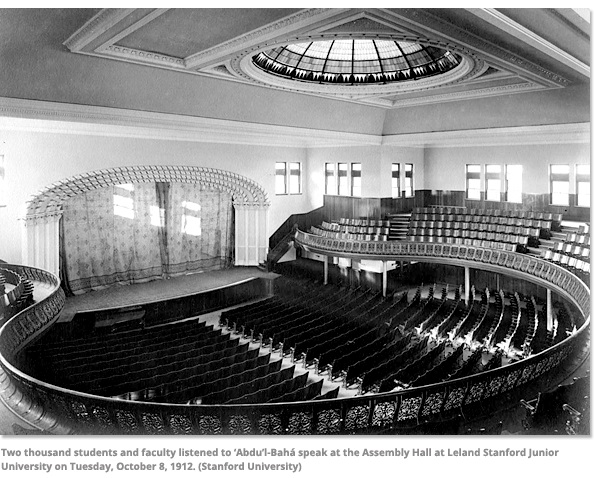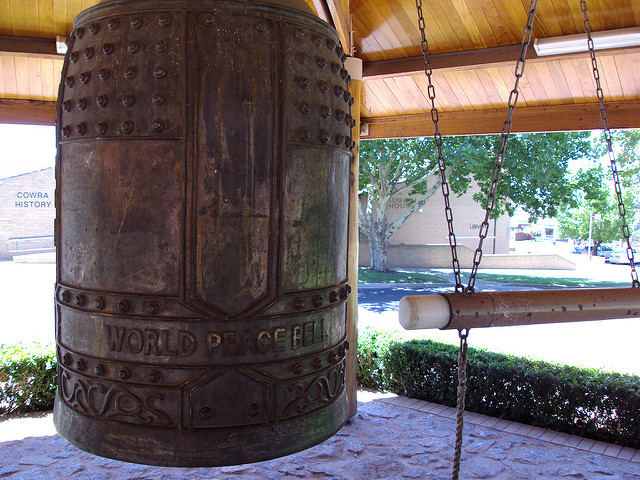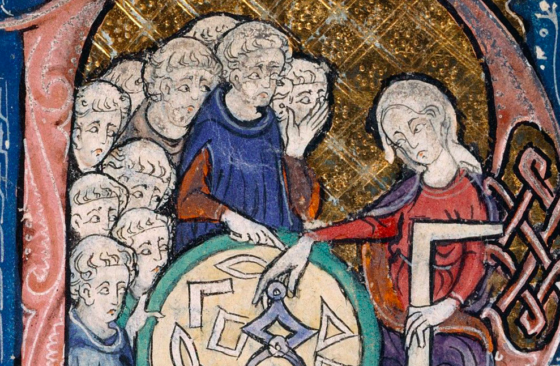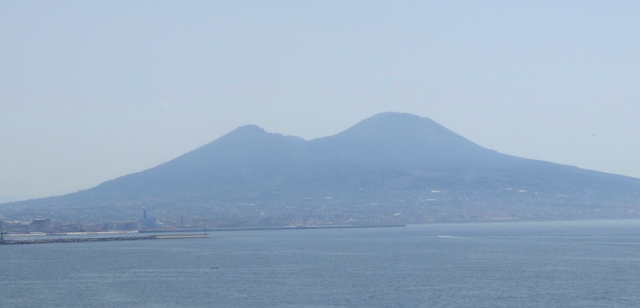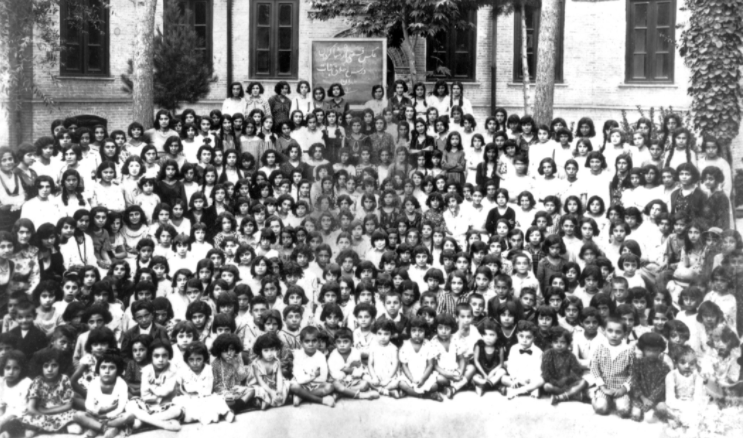-
Healing the Wounds of War: a Spiritual Axis
After World War 2 the world was in ruins. The nations that fought against each other in that war were the last people who you would think would naturally cooperate with each other in a common cause. In Australia, when I was growing up, there was still (if fading) a lingering collective memory among some of the Japanese as a hated and feared enemy, even though nowadays there is warm friendship between the two countries and peoples. Shoghi Effendi, who led the Baha’i community in this dark period of war, and in the subsequent decades, did not think like this. Where others saw enmity he saw connections. Thus he framed…
-
Cowra Peace Bell tolls a warning
As many know, Cowra once held a Japanese prisoner of war camp. The tragedies that happened there when the prisoners tried to break out, has become the stuff of Australian legend. Less well known is that Japanese civilians were also interned in Cowra during the war. Some never left Cowra. A World Peace bell, donated by the World Peace Bell Association, was erected in Cowra in 1992, in recognition of the city’s contribution to peace and its enduring connections with Japan. I wrote this poem after a visit to Cowra. The Cowra Peace Bell, like those erected in other cities around the world, follows a traditional Japanese design. In Japan…
-
Tragedy knows no foreignness
Sometimes it is tragedy that reminds us of the most fundamental human truths. Last week, the world community witnessed the devastation that came upon Christchurch. Nations across the world now hope for and contribute to a swift process of rebuilding and rehabilitation, and they join New Zealand in mourning the victims of this terrible disaster that shook the nation. And of those countries feeling the pain of the Christchurch earthquake, Japan in particular mourns deeply. Among the 100-plus victims still buried under the rubble of the collapsed CTV building in downtown Christchurch are more than twenty Japanese exchange students who were studying English in New Zealand. Their status, along with…
-
Hometown Foreigners
We traditionally define a “foreigner” as someone who comes from a country other than our own. But that definition is too easy. It does not fully encompass the range of people who find themselves “foreigners” in their own hometowns (that is facing exclusion and discrimination): sometimes because of the occupation they hold. The Japanese film “Okuribito,” known among English-speaking audiences as “Departures,” explores the subtle but serious stigma that society can attach to certain lines of work. The movie, which won the 2009 Academy Award for Best Foreign Language Film, focuses on the life of Daigo, the protagonist, who loses his job as a cellist in Tokyo and moves back…
